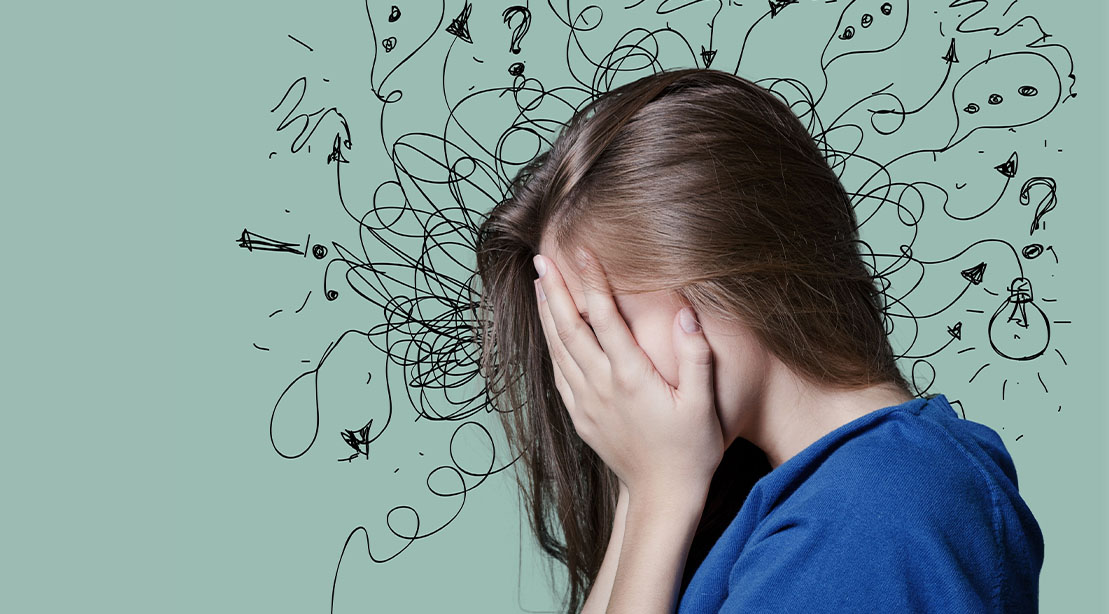If you exercise regularly, take care of your sleep, but still feel stressed about situations you know you can handle, the answer could lie with restoring your hydration levels according to recent research.
The new study conducted by Liverpool John Moores University, and published in the Journal of Applied physiology, found that those who are under-hydrated could suffer from 50% higher levels of cortisol during stressful situations, meaning that taking care of your hydration is an essential aspect of staying healthy.
How Was the Study Carried Out?
The project, funded by Danone R&I sought, to show the importance of water by splitting healthy young adults into two groups. In one group were individuals deemed to drink a high daily amount of fluid, (2.5 liters for men and 2 liters for women) and in the other group were the lower volume drinkers (men and women who drink less than 1.5 liters of fluid per day).
The participants maintained their drinking habits for seven days and were then measured in regard to their stress responses, psychological characteristics, and sleep behaviour. For example, stress was stimulated via experiments such as a mock job interviews and mathematical tests.
What Were the Results?
“Both groups felt equally anxious and experienced similar increases in heart rate during the stress test,” explained Dr Daniel Kashi, who worked on the breakthrough study. “However, only the ‘low fluid’ group showed a significant increase in saliva cortisol in response to the stress test.” In fact, the under-hydrated participants had cortisol levels that were more than 50% higher than the hydrated individuals during the same stressful situations.
Cortisol is a natural reaction to stress and is often referred to as the ‘fight or flight’ response but when levels are consistently high, our health suffers. “Cortisol is the body’s primary stress hormone and exaggerated cortisol reactivity to stress is associated with an increased risk of heart disease, diabetes and depression,” explained Professor Neil Walsh, who is a physiologist at LJMUs School of Sport and Exercise Sciences.
Staying Hydrated to Combat Stress and Anxiety
One of the biggest challenges around staying hydrated is that many people don’t crave fluid when they need it the most. “Although the low fluid group did not report being thirstier than the high fluid group, they had darker and more concentrated urine, clear signs of poor hydration,” explained Dr Kashi.
When the body senses dehydration due to inadequate fluid intake or excessive loss, it triggers the release of a hormone called vasopressin, acting primarily on the kidneys and promoting water reabsorption to maintain blood volume and electrolyte balance. This mechanism comes at a cost, however, because sustained vasopressin release places additional strain on the kidneys, and they must then work harder to concentrate urine and manage electrolyte balance.
The researchers suggest that while further long-term studies are required, their findings reinforce current water intake recommendations — approximately 2 litres of fluid each day for women and 2.5 litres for men. “Being hydrated may help your body manage stress more effectively,” advises Dr Kashi. A good way to check your hydration status is to monitor your urine colour: light yellow typically indicates good hydration, whereas a darker colour suggests dehydration. “If you know, for example, that you have a stressful schedule, maybe a looming deadline or a speech to make, keeping a water bottle close could be a good habit with potential benefits for your long-term health,” suggested Dr Kashi. In other words: sip more, stress less.








